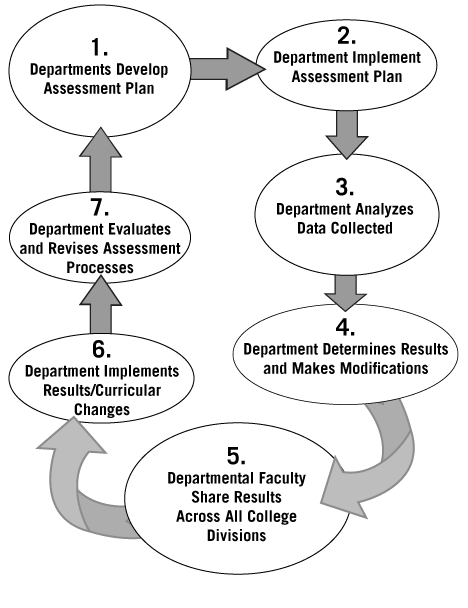General Education Values
Northland Pioneer College places general education at the center of its mission. More than a perfunctory set of courses, general education serves as an important foundation for lifelong learners. The institutional learning outcomes of critical thinking and effective communication are the backbone to general education, and these skills serve as an important bridge to a plethora of different fields of study. The purpose of general education is to give each student the fundamental skills associated with higher education and the cultivation for a lifetime of learning, problem solving, and responsibly informed decision making. Through its general education program, Northland Pioneer College aims to:
- offer a comprehensive set of foundational skills so students can fully engage their educational intent;
- offer an integrated curriculum that will set the stage for lifelong learning;
- represent a wide cross-section of the arts, humanities and sciences;
- require students to engage in thoughtful and precise writing and critical thinking; quantitative, qualitative, and informational literacies;
- introduce students to the diversity of the natural and social worlds;
- promote academic curiosity;
- offer university transferable courses documented through AZTransfer.
Assessment at NPC:
 Northland Pioneer College seeks to ensure all students meet institutional learning outcomes in the areas of Effective Communication and Critical Thinking. To measure student success towards these outcomes, the college implements an annual process of student assessment known as Assessment of Student Knowledge (ASK). The ASK assessment process is intended “…to improve student learning and institutional effectiveness in fostering student success” (Higher Learning Commission, 2016). The diagram at right outlines the current assessment process in place. Northland Pioneer College seeks to ensure all students meet institutional learning outcomes in the areas of Effective Communication and Critical Thinking. To measure student success towards these outcomes, the college implements an annual process of student assessment known as Assessment of Student Knowledge (ASK). The ASK assessment process is intended “…to improve student learning and institutional effectiveness in fostering student success” (Higher Learning Commission, 2016). The diagram at right outlines the current assessment process in place.
In addition to the alignment to institutional learning outcomes, additional areas in which departments may evaluate student outcomes include:
- NPC 3: Quantitative Reasoning
- NPC 4: Scientific Inquiry
- NPC 5: Information Literacy
- NPC 6: Diversity
Departments begin by examining their assessment procedures, consider tools, and review data collected from previous cycles. After making any needed adjustments to their assessment plan, the department implements the process. Data is collected throughout the assessment period, and then departments and programs analyze data. Following this analysis, the department or program modifies curriculum as needed and submits a report detailing their process to the Assessment of Student Knowledge Committee (ASK). The college also engages faculty in gathering to participate in Dialogue Day, when departmental/program results are shared with the college as a means of promoting a college-wide discussion on best practices and insights gained through the current year’s process.
After analysis and consideration of data and its meaning, departments and programs may respond by adjusting curriculum, instruction, or program design.
Return to Academic Information
|